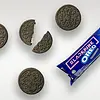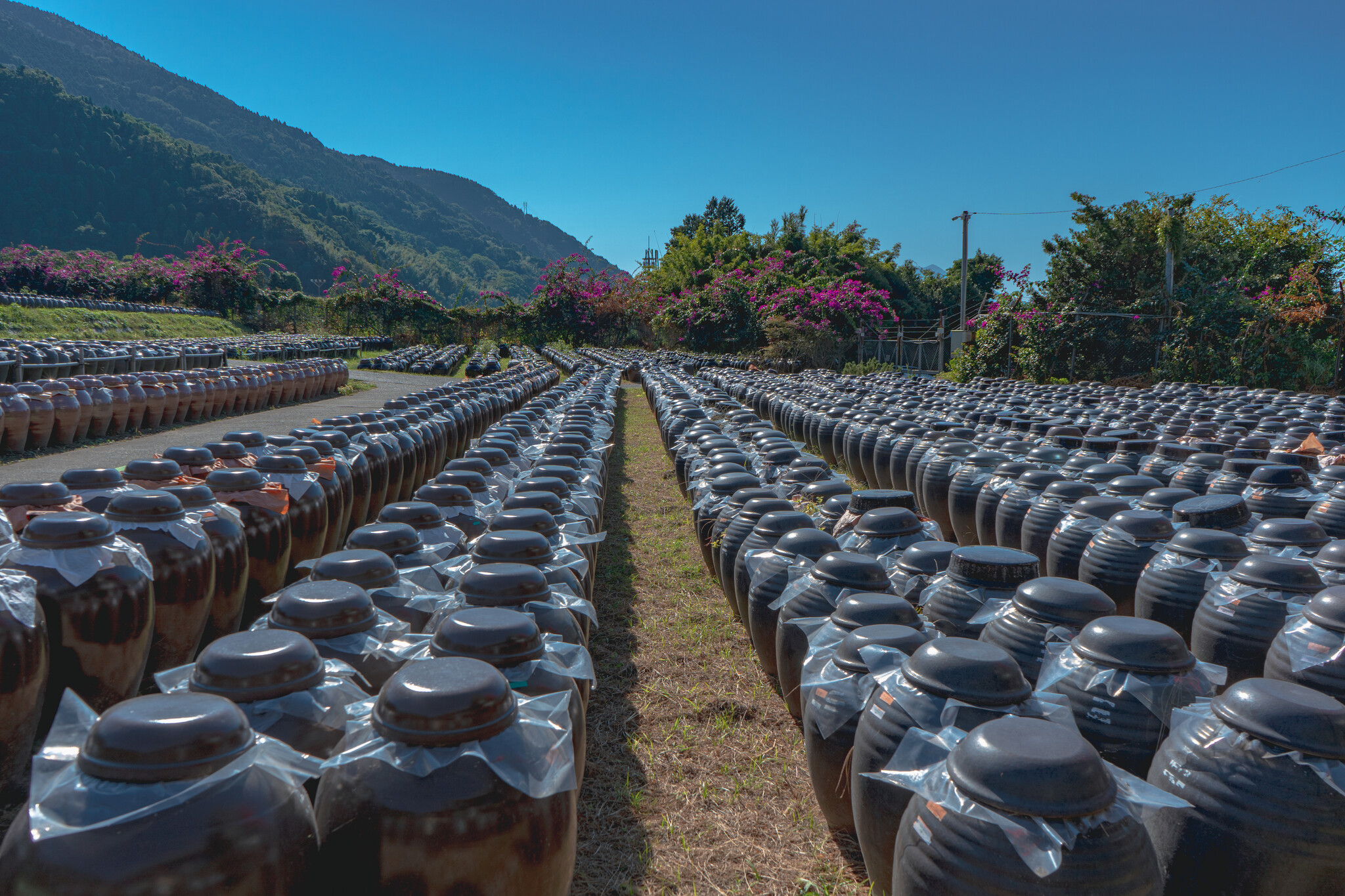What is Chinese Black Vinegar?
Chinese black vinegar, also known as Chinkiang vinegar, is a popular condiment from Chinese cuisine. This dark, aromatic vinegar originates from the city of Zhenjiang in Jiangsu province and has a deep, rich flavor. It is often used as a seasoning and marinade in various dishes. The unique taste of Chinkiang vinegar comes from the fermentation of glutinous rice, wheat, and water, creating a complex and slightly sweet aroma. It's commonly used in dishes such as dumplings, stir-fries, and even as a dip for dim sum.
The flavor of Chinese black vinegar is complex and rich, with notes of sweetness, umami, and a subtle smokiness. This unique taste makes it a favorite ingredient in many Chinese dishes. Historically, the production of black vinegar dates back to the Qing dynasty, where it was valued for its medicinal properties and as a culinary ingredient.
How is Chinese Vinegar Made?
Chinese black vinegar is traditionally made from glutinous rice, wheat bran, and other grains that are fermented and then aged. The fermentation process can take several months to even years, contributing to the vinegar's complex flavor profile. After fermentation, the vinegar is filtered and bottled, ready for use in the kitchen.
Where is Chinese Vinegar Used?
Chinese black vinegar is a versatile ingredient used in a wide range of dishes. Made from glutinous rice, wheat, and barley, it has a unique, rich flavor that is hard to match. It is often added to dipping sauces, stir-fries, soups, and marinades. Popular dishes like "jiaozi" (dumplings), "hot and sour soup," and various stir-fries all benefit from the addition of this flavorful vinegar. Using black vinegar can add a subtle depth and complexity to dishes, enhancing the overall taste experience.
How to Cook with Chinese Vinegar?
Cooking with Chinese black vinegar is simple and a great way to add depth and complexity to your dishes. Here are a few tips:
- Dipping Sauces: Add a dash of black vinegar to soy sauce to make a delicious dipping sauce for dumplings. This combination gives your dipping sauce a perfect balance of salty and sour, ideal for dipping dumplings, spring rolls, and other snacks.
- Marinades: Use black vinegar in marinades for meat and fish to enhance the flavors. Adding black vinegar gives your marinades a rich, complex taste that deeply penetrates the meat or fish, making them juicier and more flavorful.
- Stir-Fries: Add a bit of black vinegar at the end of cooking your stir-fries for an extra flavor boost. This gives your dish a light, sour note that complements the other ingredients without overpowering the dish.
What to Look for When Buying Chinese Vinegar?
When buying Chinese black vinegar, there are a few things to look out for:
- Ingredients: Choose vinegars made from natural and high-quality ingredients like glutinous rice, wheat bran, and sometimes barley. Avoid variants with added artificial colorings or preservatives.
- Brand: Well-known brands like Heng Shun and Lee Kum Kee are known for their high quality and authentic taste. These brands use traditional methods that enhance the rich flavor and aroma of the vinegar.
- Color and Thickness: The vinegar should have a deep, dark color, indicating a good fermentation process. Additionally, the texture should be slightly syrupy, indicating that the vinegar is well-concentrated and thickened.
- Smell and Taste: Pay attention to the smell and taste of the vinegar. Good Chinese black vinegar has a complex, rich, and slightly smoky aroma and taste. If possible, try a small amount before purchasing.
How to Store Chinese Vinegar?
To maintain the flavor and quality of your Chinese black vinegar, store it in a cool, dark place like a kitchen cabinet. Make sure the bottle is well-sealed to prevent oxidation. Although vinegar has a long shelf life, it's best to use it within two years of opening for the best flavor experience.




 New Arrivals
New Arrivals
 Outlet
Outlet
 Search by country
Search by country
 Search per category
Search per category
 Holiday Season
Holiday Season
 Recipes
Recipes
 Tjin's Blog
Tjin's Blog










